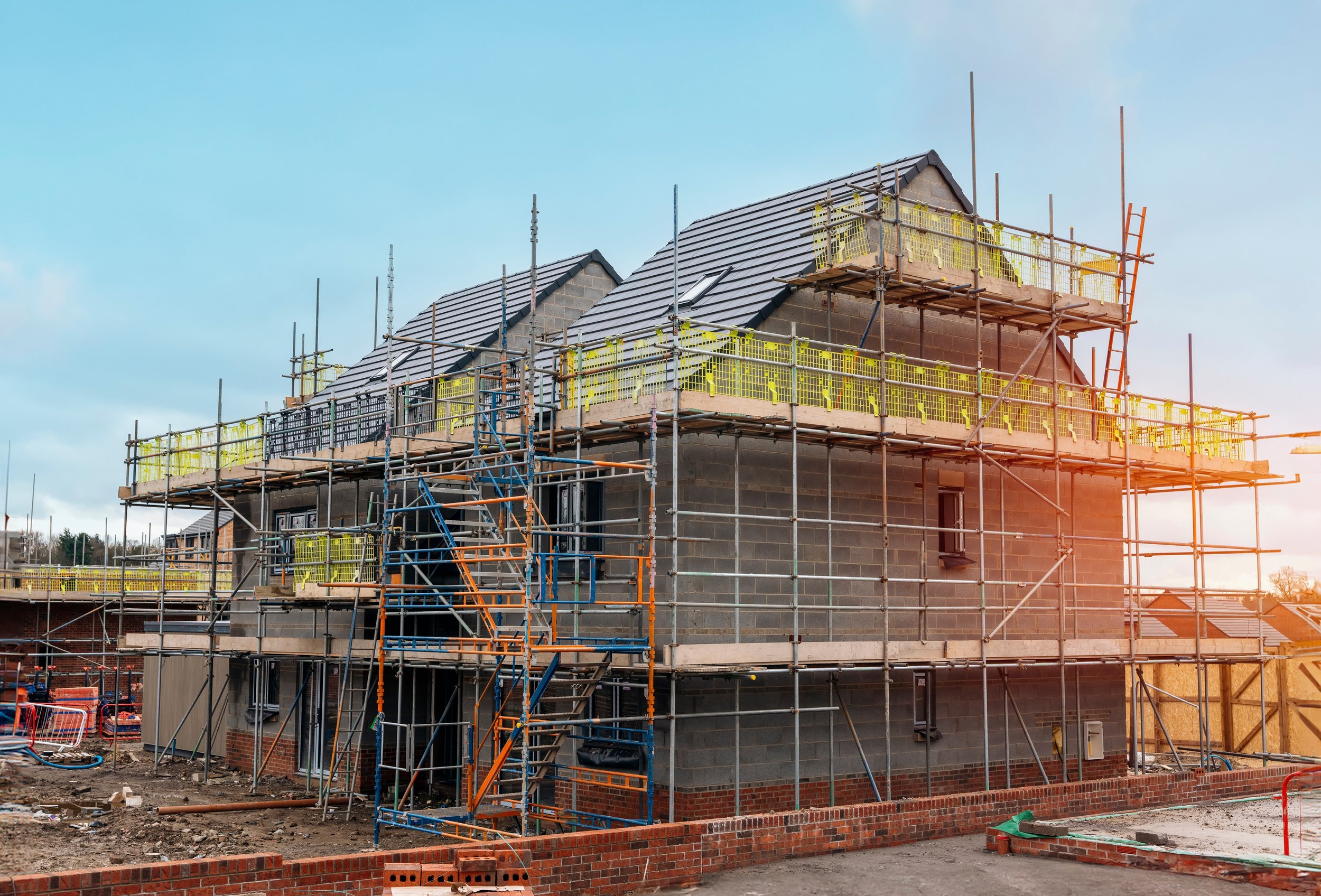
Cost of a Dry Ridge System
A comprehensive guide outlining the costs of a dry ridge system
The dry ridge system is a modern, durable, and maintenance-free alternative to traditional mortar for securing ridge tiles.
While it offers numerous benefits, including enhanced durability and ventilation, it is essential to understand the cost implications of installing a dry ridge system. This guide will provide an overview of the factors that influence the cost and what you can expect when budgeting for this roofing solution.
Factors Influencing the Cost of Dry Ridge System
Several factors can influence the overall cost of a dry ridge system installation, including:
Roof Size and Complexity: The size and complexity of your roof are significant determinants of cost. Larger roofs require more materials and labour, while complex roof designs may need additional components and time.
Quality of Materials: The cost can vary depending on the quality and brand of the materials used. High-quality materials may come at a premium price but offer better durability and performance.
Labour Costs: Labour costs can vary based on your location, the expertise of the roofing contractor, and the complexity of the installation. It's essential to obtain quotes from reputable contractors to understand labour costs better.
Additional Roofing Work: If your roof requires additional work, such as repairs or structural enhancements, these can add to the overall cost.
Region and Local Regulations: The cost can also be influenced by your geographical location and any local regulations that may impact the installation process.
Typical Cost Breakdown
While the exact cost can vary widely, here is a general breakdown of what you can expect when budgeting for a dry ridge system installation:
Materials: The materials for a dry ridge system typically cost between £10 to £20 per linear metre. This includes the ridge roll, ridge tiles, clips, brackets, and end caps.
Labour: Labour costs can range from £30 to £50 per hour, depending on the contractor's experience and location. For a standard-sized roof, the installation can take approximately 1-2 days.
Total Cost: For an average-sized roof, the total cost for installing a dry ridge system can range from £500 to £1,500. This estimate includes both materials and labour.
Cost Comparison of Dry Ridge System Vs. Traditional Mortar
When comparing the cost of a dry ridge system with traditional mortar, it's important to consider both the initial installation cost and long-term maintenance expenses:
Initial Installation Cost: The initial cost of a dry ridge system may be higher than traditional mortar due to the cost of materials and mechanical fixings. However, this can be offset by the reduced installation time and labour costs.
Maintenance Costs: Traditional mortar requires regular maintenance and potential re-pointing, adding to long-term costs. In contrast, the dry ridge system is virtually maintenance-free, offering long-term savings.
Benefits Justifying the Cost
Despite the higher initial cost, the dry ridge system offers several benefits that justify the investment:
Durability: The system is designed to withstand harsh weather conditions and last longer than traditional mortar, reducing the need for frequent repairs.
Ventilation: Enhanced ventilation helps prevent condensation and improves the overall health of the roof structure.
Maintenance-Free: Once installed, the system requires minimal maintenance, saving you time and money in the long run.
Aesthetics: The dry ridge system provides a neat and uniform appearance, enhancing the visual appeal of your roof.
Conclusion
Investing in a dry ridge system can be a cost-effective solution in the long term, providing durability, improved ventilation, and reduced maintenance compared to traditional mortar. By understanding the factors influencing the cost and obtaining quotes from reputable contractors, you can make an informed decision that meets your budget and roofing needs.
Whether you are considering a new roof installation or upgrading your existing roof, the dry ridge system offers a reliable and modern solution that ensures the longevity and performance of your roofing structure.
Top Articles
► Planning Permission for a New Roof
► Building Regulations for a New Roof
► Does a New Roof Add Value to Your Home?
► Does Insurance Cover Roof Leaks?
Roofing Materials Explained
► Code 3 and Code 4 Lead Flashing
► Slates
► Best Materials for Flat Roofs
Roofing Components
► Roof Ventilation for Flat Roofs
► What are Soffits and Fascias?
► What is a Fibreglass Flat Roof?
Common Guides
►How Much Does a New Roof Cost
► How to Find a Leak in Your Roof
► Why is my Velux Window Leaking?
► Planning Permission Velux Windows
► How to Clean Roof Tiles Without Pressure Washer
► Removing Moss from Roof Tiles
